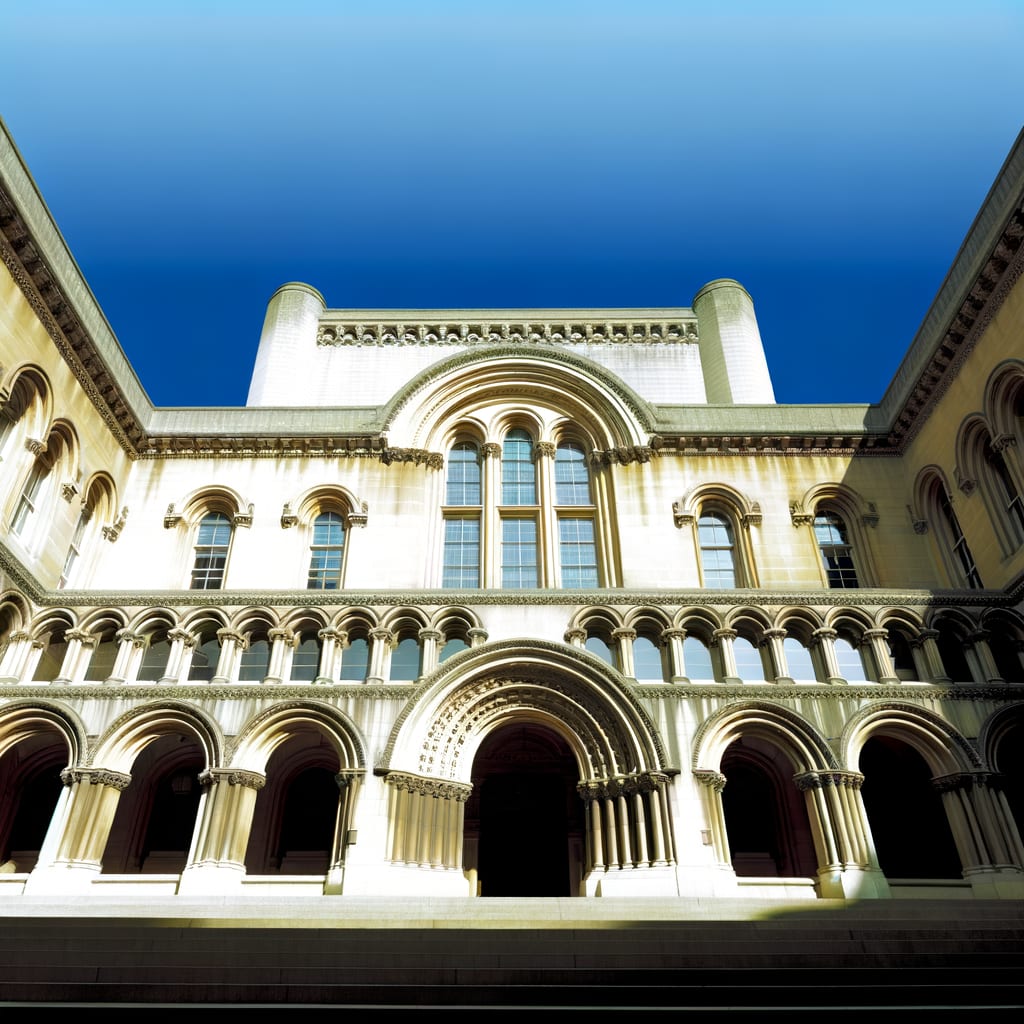UK High Court Upholds Ban on Palestine Action Group as Terrorist Organization
The UK High Court has upheld the government's decision to designate the activist group Palestine Action as a 'terrorist organisation', despite a legal challenge led by the group's co-founder, Huda Ammori. The ruling has drawn sharp criticism from human rights groups and lawyers, who argue that this is an attack on free speech and political activism.
A Controversial Decision
The decision to ban Palestine Action under anti-terrorism laws marks the first instance of a non-violent protest group being legally redefined as a terrorist organization
. The ban, which came into effect at midnight following the court ruling, makes it a crime to be a member of the group, with offenders facing up to 14 years in prison. This places the group on par with violent armed groups like ISIS and al-Qaeda.
Palestine Action is known for targeting companies involved in the Israeli arms trade. Critics of the ruling, including Independent MP Zarah Sultana, have slammed the decision, arguing that it is a distortion of the law to suppress dissent and criminalise solidarity. To equate a spray can of paint with a suicide bomb isn't just absurd, it is grotesque,
Sultana said.
Legal Challenge and Arrests
Ammori had sought an urgent court hearing to pause the ban, but the request was rejected by Judge Martin Chamberlain. Protests in response to the ban have led to arrests, with 27 individuals, including a priest and healthcare professionals, detained in London under the Terrorism Act for showing support for Palestine Action.
Widespread Concerns Over the Ban
The decision to proscribe Palestine Action has been heavily criticised by UN human rights experts and legal professionals, who argue that the move conflates protest with terrorism, setting a dangerous precedent. According to international standards, acts of protest that damage property, but are not intended to kill or injure people, should not be treated as acts of terrorism, they argue.
More than 500 cultural figures have also voiced their opposition to the ban, urging Prime Minister Keir Starmer and Home Secretary Yvette Cooper to halt the proscription on free speech grounds.
Conclusion
Despite the heavy criticism, the High Court's ruling stands, and the ban on Palestine Action remains in effect. The group's activities, including recent protests and the occupation of an Elbit Systems subcontractor, have been halted. The implications of this ruling for the future of political activism and free speech in the UK remain to be seen.

